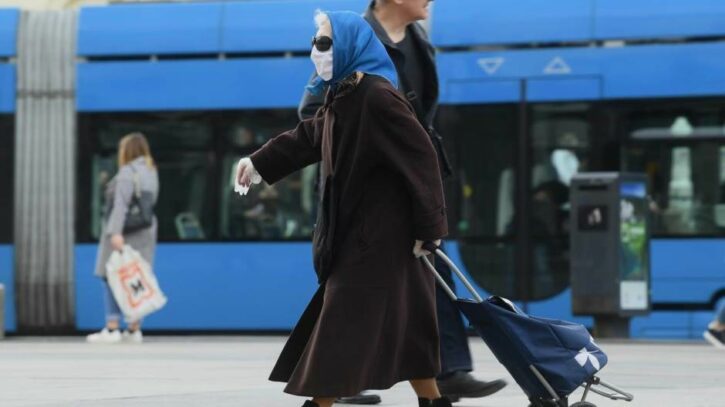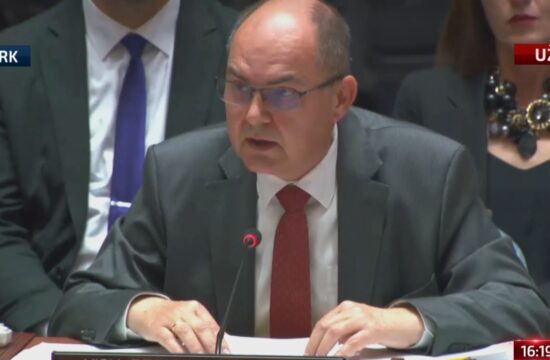
Croatia's first coronavirus fatality was confirmed on Thursday morning. The victim was an elderly owner of a tavern in the town of Brtonigla in Istria who was in self-isolation after reporting first symptoms on Monday.
The man suddenly became ill and died on Wednesday, and the exact cause of death is still unclear. However, health authorities later confirmed that samples taken from him post-mortem have tested positive for the disease.
Meanwhile, the nation's case count is climbing by the hour. Health Minister, Vili Beros, told a cabinet meeting at 10 am on Thursday that the latest figure is 102 confirmed cases, up from 99 reported only two hours earlier.
More than 1,200 lab tests have been performed, and over 12,500 people have been told to isolate at home since the beginning of the outbreak in February.
Southern cities of Split and Dubrovnik also reported their first cases.
On Thursday, a set of draconian restrictions were rolled out nationwide in an effort to enforce social distancing in order to prevent the spread of the virus. All non-essential stores have been ordered to close, including all restaurants, bars, museums, cinemas, theatres, and libraries.
Only grocery stores, pharmacies, bakeries, newsagent kiosks, and gas stations are allowed to stay open. Individuals must at all times keep a distance between each other of at least 2 metres indoors or 1 metre outdoors. Any gathering of more than five people at a time has been outlawed.
Earlier this week, fines have been introduced for people violating self-isolation orders, which start at 8,000 kuna (€1,060).
In addition, save for some exceptions, all international travel has been suspended and all border crossings effectively shut down. Returning Croatians are still allowed to enter the country, and EU nationals are allowed to leave to get back home.
Neighbouring Slovenia reported 286 cases as of Wednesday afternoon. The government warned that the actual number of infections is suspected to be several times higher, and strict social distancing measures introduced earlier this week remain in place.
In addition to border closures, shutdown of all non-essential stores, and bans on public gatherings, Slovenia had also shut down its air space, and banned almost all public transport. Six people are in intensive care units at the country's two major hospitals in Ljubljana and in Maribor.




